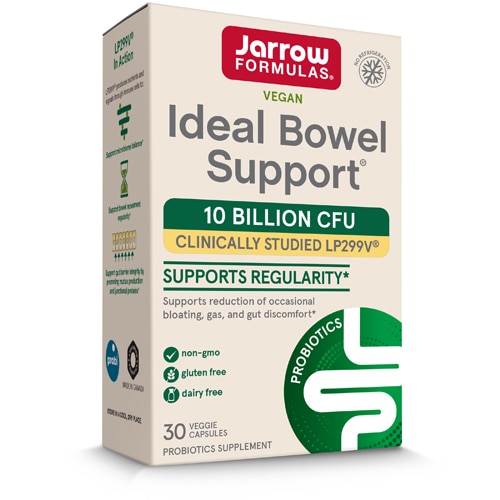As we age, there is a slew of talk about the importance of warding off cognitive decline. But what about the potential for digestive decline, to which we are just as vulnerable? Digestive health disorders increase as we age. According to Web MD, nearly 40 percent of older adults have one or more age-related digestive symptoms each year.
Here are four of the key culprits that affect our aging innards—along with how to stave off that particular foible.
Sluggish metabolism/constipation
Constipation is a force to be reckoned with as people get into their 60s and 70s. There are several age-related factors that can cause constipation in older adults, such as medications, diet, inactivity and inadequate hydration. But for many it comes with the territory of a slower metabolism. Although most people tend to know when they are constipated, symptoms include difficult or painful bowel movements, infrequent bowel movements and hard, dry stool.
Try this:
In a nutshell, stay active. Set your sites on getting at least 30 minutes of exercise 5 days week—it will not only keep you regular but can help ward off many age-related health problems, such as colon cancer.
Medications
Older adults tend to have more health conditions that require taking a lot of medications, Many common medications, such as calcium channel blockers used for high blood pressure, actually cause constipation. Narcotics, often prescribed as pain relievers post knee and hip replacement surgery, can slow down bowel movements too.
Try this:
Check your meds—and pay attention to the side effects. Explore the potential ramifications the medications could have on your digestive system with your doctor. Make sure you are only taking the medications you need and the lowest possible effective dose.
GERD
The most common upper GI disorder in older adults is GERD, gastroesophageal reflux disease, which occurs when stomach acid returns back up the esophagus. This flow back can cause heartburn and other symptoms. Another issue that can worsen with age is gastritis, also connected to reduced stomach acid. Stomach acid help break down food, so when that function is compromised, digestion suffers. Certain medications, including some blood pressure medications (PPIs), can also cause heartburn.
Try this:
Eating late at night, eating fried food, not chewing food properly, can all exacerbate digestive woes. To support healthy levels of stomach acid, try slowing down and chewing your food—as much as 40 chews per mouthful. Obesity increases risk of GERD, so losing excess weight can reduce reflux.
Diverticulosis
Diverticulosis develops when pouches form in the walls of the intestines. The pouches—diverticula—make the colon bulge out and can cause, gas, bloating, cramps and constipation, as well as a more serious condition called diverticulitis (abdominal pain, cramping, fever, chills, nausea, vomiting and may need to be treated by surgery). It’s part of the colon’s aging process to develop pockets that form when high pressure builds inside the colon and creates weak spots in the colon wall. Surprisingly, half of people over 60 have diverticulosis—and many don’t even know it.
Try this:
In a word, fiber. High fiber foods, such as fruits and vegetable, whole grains and beans, come with the added plus of low in fat and highly nutritious. Plenty of fiber in your diet helps prevent constipation and can ease symptoms of diverticulosis.





